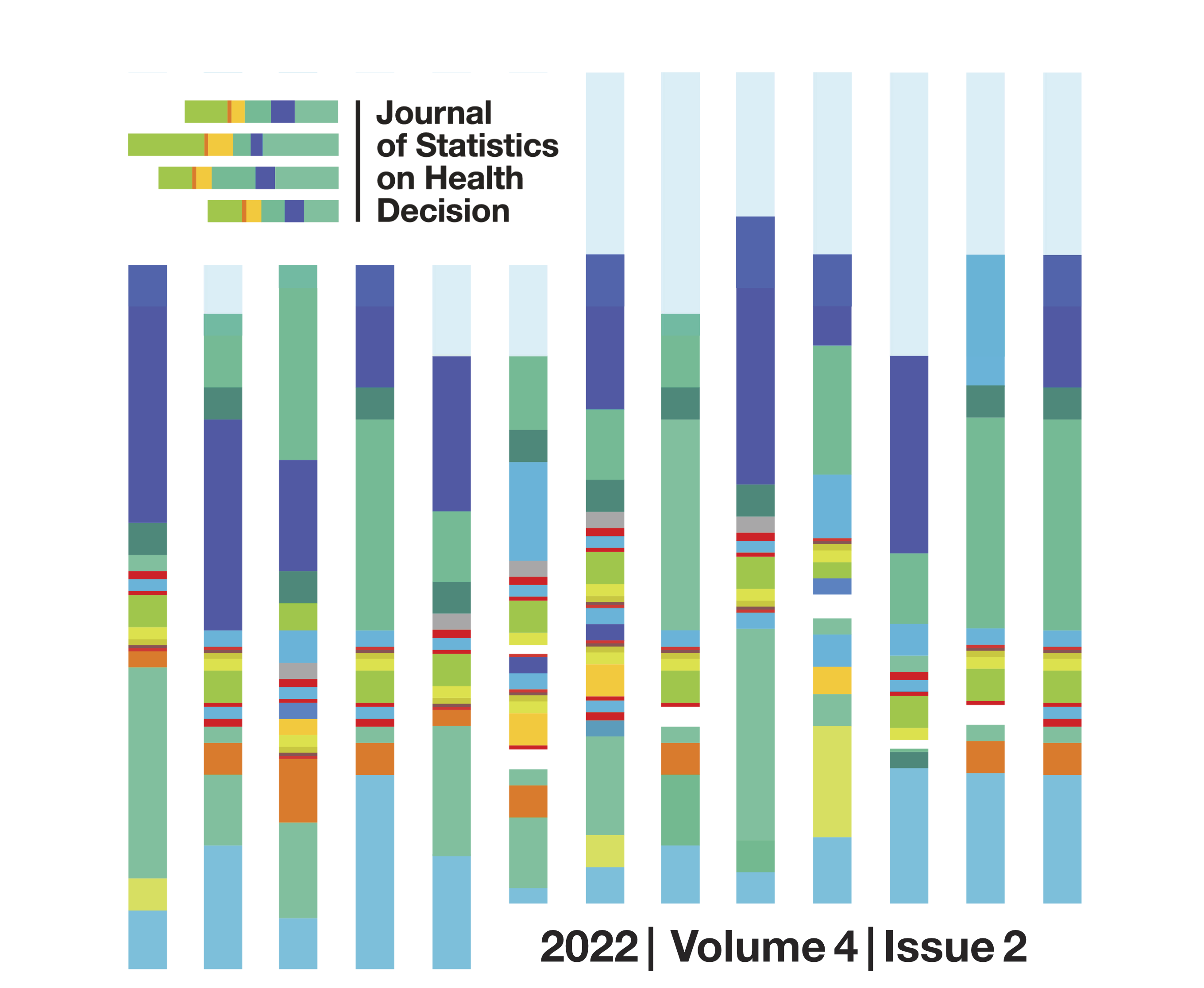Fonseca anamnestic index for screening Temporomandibular Disorders - reliability to discriminate muscular from intra-articular disorders.
FAI for the screening of AD and MMD
DOI:
https://doi.org/10.34624/jshd.v4i2.28423Keywords:
Fonseca Anamnestic Index, Intra-articular temporomandibular Disorders, Masticatory muscle temporomandibular disorders, Multinomial logistic regression, Patient-reported questionnaire, Temporomandibular DisordersAbstract
Background/ Objective: Fonseca anamnestic index (FAI) is a simple and quick survey used for screening the presence and severity of Temporomandibular Disorders (TMD). The presented study aimed to screen the FAI accuracy to discriminate different types of TMD: intra-articular (AD), Masticatory Muscular Disorder (MMD), or the presence of both typologies.
Methods: The existence of a pattern in the FAI based on the frequency of answers was evaluated and supported by other variables: sex, age, medical diagnosis and Visual Analog Scale of health-related quality of Life (VASLife). The non-parametric Chi-square test () or Fisher's exact test were used to assess the existence of associations between these variables. In the pairs of variables where such association was identified, its intensity was measured by Cramér's V Coefficient. The prediction if FAI could be a good decision tool for distinguish the type of TMD was assessed through logistic regression models (ordinal and multinomial).
Results: The higher FAI score was associated with questions related with temporomandibular joint (TMJ) pain, TMJ clicks and person anxiety. Severe cases classified by FAI are correlated with typology of Both (AD+MMD). Moreover, the female patients presented more moderate and severe cases in FAI and also correlated with the presence of AD+MMD. The logistic model showed low accuracy to distinguish the TMD typology (~70%).
Conclusion: FAI is a good initial methodology in TMD diagnosis, however integrated in a logistic regression model for distinguish the typology of TMD has proved to be insufficient. It is expected that the combination of this survey with other outcomes will make the model more accurate.
References
Downloads
Published
Issue
Section
License
When submitting an article to the Journal of Statistics on Health Decision (JSHD), authors certify the following clauses:
- Originality and single submission – The contents presented in the article have not been published previously in whole or in part, and were not submitted or are not under active consideration elsewhere prior JSHD decision. The article is authentic and does not contain plagiarism.
- Authorship – All authors reviewed the article, agreed with its content, and agreed to its submission to the JSHD. All the authorship criteria stated by The International Committee of Medical Journal Editors Guidelines were met.
- Conflicts of interest – Any conflict of interests were declared. If authors have no declaration, it should be written (in the acknowledgements section): “The authors declare no conflict of interests”.
- Ethics committee and informed consent (if applicable) – The current research was approved by an independent ethics committee and subjects gave their informed consent before they were enrolled in the study.
- And authors agree to the Open Access license agreement of the Journal of Statistics on Health Decision, stated bellow.





